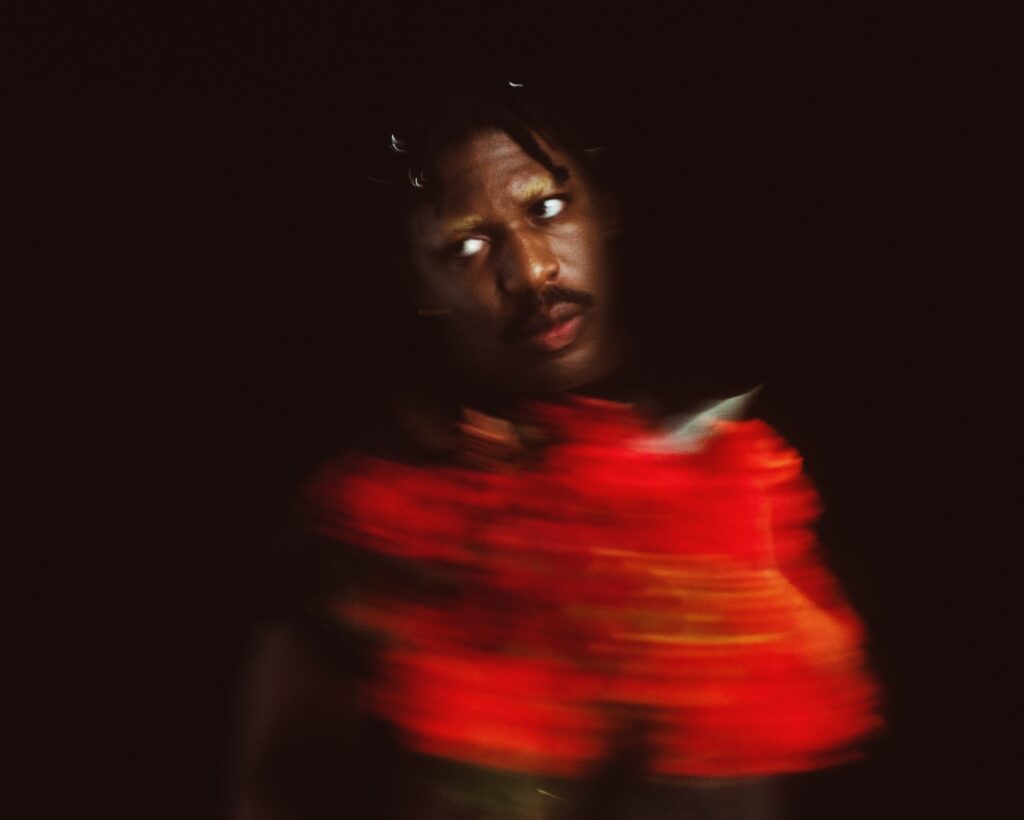If you use Ableton, you will be familiar with the soundtrack to the search for the perfect sound: a middle C, hammered over and over by five billion different instruments. Narrowing the scope to a single category makes it no less overwhelming; peruse the options filed under ‘piano & keys’, and you will hear that fucking C note until it bores itself into your brain and you’re clamouring for something fresh.
Then you reach ‘Childhood Home Piano’, and you stall when you hear the sample: a key, pressed in the distant vestiges of a memory, its grainy echo pulling you into an inexplicable warmth that compels you to sit in its sediment forever.
On his new EP, Last Bloom, the way Tony Njoku captures the piano is like basking in that specific sample. He engineers the instrument to highlight the warm crackles of the keys, as though they’ve been baked into the music for centuries. “A lot of people use the piano and try to make it as clean as possible,” he says. “It can be great, but I love when music has what I call ‘sonic debris’. The atmosphere, the air, the hisses and creaks, that should be a part of the composition as well.
“In this digital age, it’s very easy to make anything you want. Space is so important to me, it’s like sonic architecture: I want there to be a feel of the instrument and the space it’s in.”
There’s a similar warmth to the man himself as he guides tQ through his Baker’s Dozen with contemplative charm. His chosen albums aren’t his favourites; that’s an “endless list” that shapeshifts forever. Instead, he recalls memories from the joy and thrill of discovering music as a young boy in Nigeria, then as a student in the UK. “That period from my early teens up until my early 20s, all the stuff I listened to is part of my artistic DNA now,” he says. “When you listen to my work, I use similar chords, melodies, timbres. Obviously I’m making it my own, but I’m not so precious about wanting to exist in a vacuum.”
Eventually, Njoku would go on to study at Falmouth University, where he began to develop his own vision of experimental, indietronic pop with his 2016 debut album In Greyscale Over the course of his career, he has slowly started to lean more into classical composition. Connecting all points on this journey is an obsession with loops, evident both on In Greyscale opener ‘In The Loop’ and on Last Bloom, with the song ‘The Loops’. “I feel like there’s some sort of secret in there. In my early teens, there was definitely a search for that experience. It’s a processing period as well when you’re in a flow state; you’re able to unearth things and drop off extra baggage.”
Tony Njoku’s new EP, Last Bloom, is out now via PRAH



